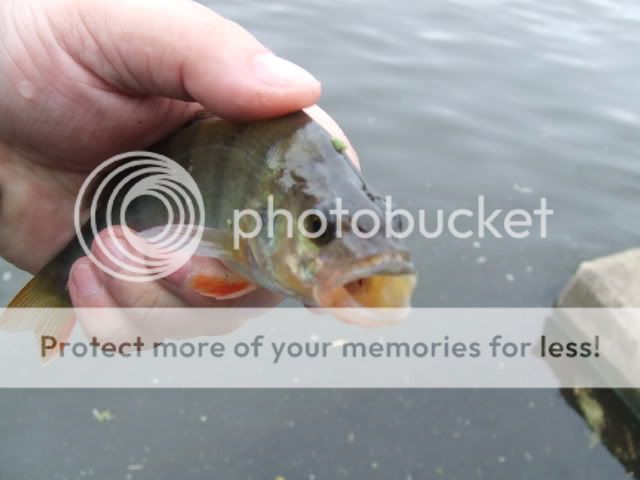Rhys Perry
Senior Member
They definitely feel something or they wouldn't bolt on being hooked! They wouldn't 'suffer' as such as they're incapable of emotion. That said I'm convinced they express contempt and amusment at my attempts to catch them.
Follow along with the video below to see how to install our site as a web app on your home screen.
Note: This feature may not be available in some browsers.
Basically, pain as we know it is a psychological construct.
As DG said in an earlier post fish must feel pain, to survive. I think fish can feel sensory pain but will not have the cognition to suffer (psychological pain).
So if a fish swims into a sharp object it will feel the initial sharp pain (from the stimulus) and this inturn will evoke a flight response and fish will move away from source of pain.
Any further perception of pain (again IMO) would hinder the survival of fish species; imagine a roach which has just survived the clutches of a comorant but has a huge stab wound to show for it. If a fish were to dwell on the pain (suffer) then its ability to carry out it's everyday functions would be dramatically hindered (think man with man flu).
Basically, pain as we know it is a psychological construct.


I think that when a fish is hooked it recognises that something is wrong and swims away from it, or bolts. A pure flight reaction developed over millions of years of evolution.
If it felt pain the last thing it would do is bolt as I know from a recent experience when I whacked a size 10 into my finger over the barb. I promise you I certainly felt pain and if someone was pulling on the other end there is no way I would have pulled back; in fact, I would have followed them through the gates of hell itself to stop that pain.
Is it because they exist and respond on the basis of associations? Isn't this why, despite a conclusion that fish are quite thick and haven't evolved that much since the day God or whoever put them on this earth, us anglers are always on the lookout for an edge- whether its bait or rigs? Of course our efforts may be disproportionate given what is really required to out smart "canny" or "rig wary" fish. Also, what about "blown" baits. Are associations part of their survival strategy and if so, it is presumably quite dynamic in terms of the speed at which they can develop danger or food source associations?
